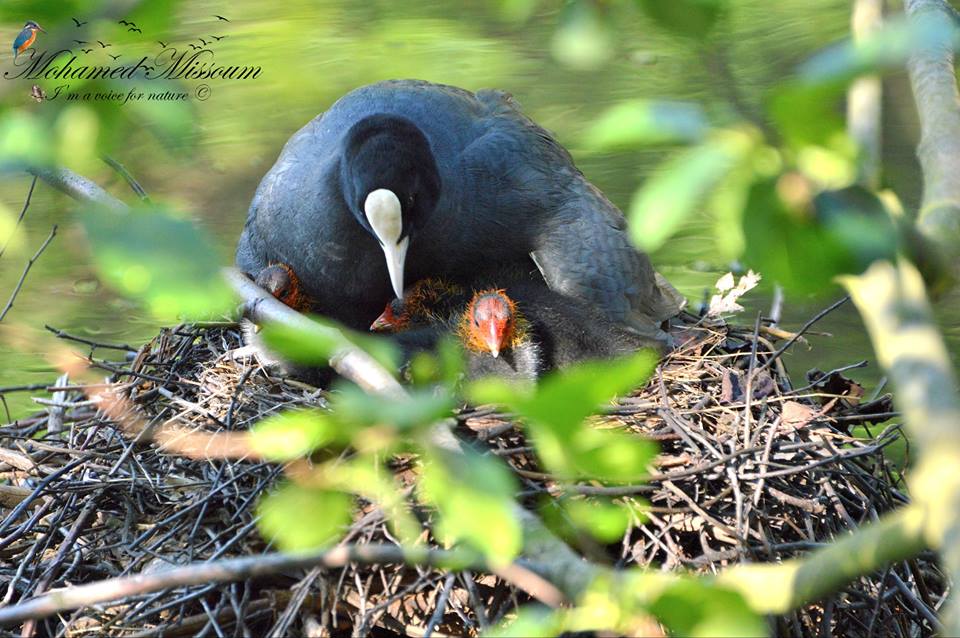Metna, F., Lardjane-Hamiti, A., Boukhemza-Zemmouri, N., Boukhemza, M., Merabet, S. & Abba, R. (2015). Diet of the Coot Fulica atra (Aves, Rallidae) in the nature reserve of Lake Réghaïa (Algiers, Algeria). Zoology and Ecology 25(1): 34–45. doi:10.1080/21658005.2014.994363
The study of the Coot’s (Fulica atra) diet was carried out from February 2010 to January 2012 in the nature reserve of Lake Réghaïa in the eastern part of Algeria. For that purpose, a total of 600 faecal samples, or 300 faecal samples per year, were analysed. The analysis showed that the bird’s food spectrum primarily consists of plant species, animal prey being very rare. Overall, 34 plant species belonging to 17 families and 18 animal species were identified. Thirty plant species belonging to 15 families were identified during the first study period (February 2010–January 2011) and 32 plant species belonging to 17 families were identified during the second study period (February 2011–January 2012). The relative abundance of Poaceae family plants in the Coot’s diet was estimated at 65.1% and that of Cyperaceae and Typhaceae at 7.3 and 4%, respectively. The share of other plant families in the bird’s diet was found to be negligible. The proportion of animal prey in the diet represents 3.1%. Among plants of the Poaceae family, the most favoured are the following three species Paspalum distichum, Phragmites sp. and Panicum repens with rates of 33.2, 18.6 and 15.7%, respectively. The intake of other taxa was lower. Dietary variations during the year coincided with changes in local availability of food and species phenology.

Dans le même site:
Lardjane-Hamiti, A., Metna, F., Sayaud, M.-S., Guelmi, M., Boukhemza, M. & Houhamdi, M. 2012. Le Fuligule milouin Aythya ferina nicheur dans la réserve naturelle du Lac de Réghaia (Alger, Algérie). Alauda 80: 151–152..